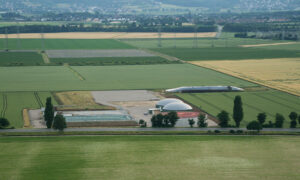IEA: Biomethane set to play key role in clean energy future

The report, Outlook for Biogas and Biomethane, reveals that these renewable gases could be crucial in reducing greenhouse gas emissions, improving waste management, and providing sustainable energy, particularly in rural and agricultural communities.
The IEA states that current global production of biogas and biomethane could be increased more than fourfold using available sustainable feedstocks such as agricultural residues, food waste, animal manure, and wastewater. If fully realised, this potential could supply around 20% of today’s global natural gas demand.
The report emphasises that biogas and biomethane offer not only environmental benefits but also social and economic advantages. Their use reduces methane emissions from waste, supports local economies, enhances energy security, and can provide clean cooking alternatives in developing regions.
While the technology is mature and well-established, deployment remains uneven. Most current production is concentrated in Europe, China, and North America. The IEA urges governments to adopt supportive policies and financing mechanisms to scale up investment and integrate these renewable gases into mainstream energy systems.
The report concludes that with the right policy support, biogas and biomethane could make a meaningful contribution to decarbonising global energy systems - especially in hard-to-abate sectors such as transport and industry.
“Biogas and biomethane are a cost-effective and sustainable solution that remains largely underused,” the IEA stated. “Unlocking their full potential would be a win for the economy, energy security and the climate.”















